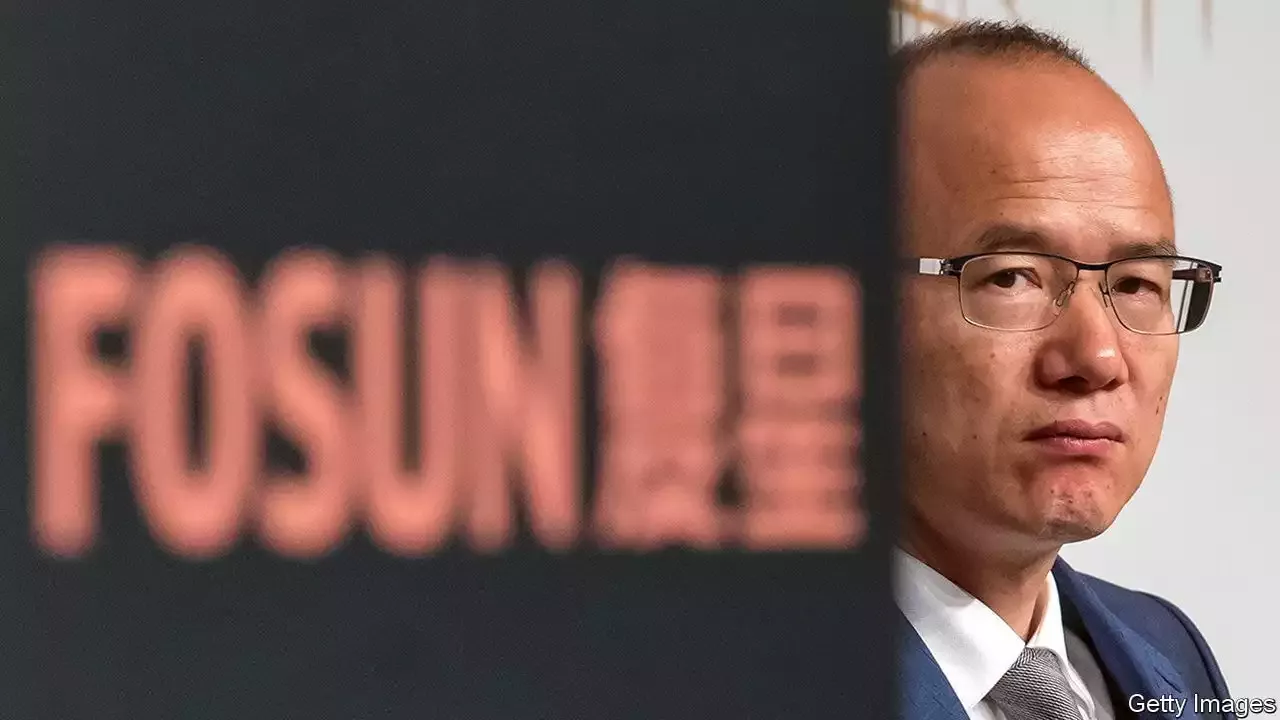Save time by listening to our audio articles as you multitaskMr Guo does not appear in imminent danger of sharing their fate. But his company is in trouble. On October 25th Moody’s, a ratings agency, downgraded Fosun’s debt deeper into junk territory. Chinese banks have been asking the firm to provide more collateral for loans. To meet its obligations Fosun has already divested $5bn-worth of assets this year, according to data from Refinitiv, a research firm. By 2023 it could shed $11bn-worth.
Fosun has sought to offer Chinese people a three-pronged lifestyle experience that targeted their “happiness, wealth and health”. Customers could look to it to manage their money, plan their holidays and sell them medicines.
The reality of this success is debatable. In 2015 Mr Guo vanished for a few weeks amid a police probe, only to emerge pledging to buy fewer assets and focus on managing the ones he already has. Over the next two years Fosun divested assets worth around $9bn. The discipline did not last; in 2017 it splurged nearly $7bn on new investments. Soon afterwards some of its bets began to sour. In 2019 Thomas Cook, a British travel company part-owned by Fosun, filed for bankruptcy.
Throughout, debt has loomed large. In annual investor meetings Fosun executives have routinely pledged to bring leverage down. To little effect, it seems. And things may have got dicier of late, as the company has tapped more short-term debt, which now makes up 53% of its total borrowings of $16bn, up from 46% in 2021.
An even bigger problem than its debt may be Fosun’s business model. It was based on a vision of the future where both China’s businesses and its people travelled and spent freely around the globe. But China’s zero-covid policy has trapped most Chinese at home for nearly three years and dented consumer confidence. And under the increasingly authoritarian Mr Xi, Chinese companies are viewed with growing caginess in the West. In this new world, Fosun looks like a relic of a happier time.
Interesting read wwfc
I think the waters in Asia don't get hot, it's boiling 🥸
Did you remember that what west media report about Hengda?
Malaysia Malaysia Latest News, Malaysia Malaysia Headlines
Similar News:You can also read news stories similar to this one that we have collected from other news sources.
Canada orders Chinese companies to divest stake in lithium mines\n\t\t\tJournalists in 50+ countries follow the constant flow of money made and lost in oil & gas while\n\t\t\ttracking emerging trends and opportunities in the future of energy. Don’t miss our exclusive\n\t\t\tnewsletter, Energy Source.\n\t\t The end result: fewer global metal cos listing in Canada.
Read more »
